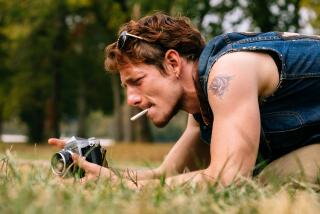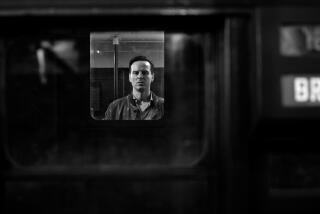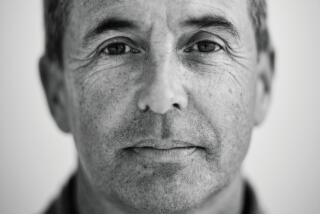HE PUTS OUT MOB HITS
IN Hollywood, if you want to make a movie about gangsters, the man to see is Nicholas Pileggi. After spending years covering crime as a journalist, Pileggi wrote “Wiseguy,” a portrait of a young mobster’s rise to prominence that he adapted into Martin Scorsese’s 1990 film, “Goodfellas.” Pileggi went on to write “Casino” for Scorsese, which chronicled the saga of the mob’s move to Las Vegas.
Pileggi, who is married to writer-director Nora Ephron, has returned to the gangland beat as the executive producer of “American Gangster,” a Ridley Scott film that features Denzel Washington as Frank Lucas, a cool, calculating Harlem drug lord who ran the heroin trade in early 1970s New York.
The real Lucas has been a friend and source for Pileggi over the years, as have the cops who put Lucas behind bars.
Where did this lifelong fascination with gangsters come from?
I grew up in Bensonhurst, which people tended to view as a mob neighborhood.
I always thought of myself not so much as an investigative reporter, but as Margaret Mead. I just wanted to figure these guys out. How could they triple park their cars in front of a fire hydrant and never get a ticket? Some kids were interested in baseball statistics. I was interested in mobsters.
How’d you first meet Frank Lucas?
Back in 1980, a couple of federal agents called me and said, “We’ve got this guy in the correction center who you’ve got to meet. He’s got an unbelievable story to tell.”
At the time, Frank was facing 70 years in prison and so I started going down there to talk. That’s where you get your real stories. You don’t get ‘em from the good guys.
And when Frank got out of prison you started talking again?
And the more we talked, the more I thought it was a movie, especially when it turned out that Richie Roberts, the cop who put him away, was his best friend and helping put Frank’s kids through private school. I couldn’t get any traction on selling the story, so I introduced Frank to Mark Jacobson, who did a fabulous piece about him in New York magazine.
That was the story that got Brian Grazer to buy the movie rights and hire Steve Zaillian to write the script.
But why didn’t you want to write it yourself?
I got Frank and Richie on a plane and we made a presentation to Grazer but I was contractually obligated to other projects.
I was able to brief Zaillian and give him documents and court papers. I could tell him -- you should take a look at this trial or these defendants, because I’d covered it all as a reporter.
Frank’s a killer and a heroin dealer, and yet he’s the guy everyone wants to make a movie about. Why?
Because he’s deadly but incredibly charming. He can charm the people he wants to impress, but terrify the people he has to worry about.
After Denzel met him, he said, “You see Frank in the morning and he’s the sweetest guy you’ve ever met and by the end of the day you’re doing everything he says.”
So we can’t help but be enamored by people like Frank?
We’ve always been fascinated by people that act like they’re on emotional steroids, going back to Lady Macbeth. People want to plug into those emotions.
They’re monstrous, horrible people, but it gives us a blueprint upon which to see our happily diminished lives.
So do you still stay in touch with all these guys?
Sure, with both the bad guys and the cops who arrest them. There are some unbelievably fascinating cops out there but, unfortunately, in the movies, it’s the bad guys who get all the attention.
There are dozens of guys like Eliot Ness, but there’s only one Al Capone.
--
Patrick Goldstein’s column, The Big Picture, runs every Tuesday in Calendar.
More to Read
Only good movies
Get the Indie Focus newsletter, Mark Olsen's weekly guide to the world of cinema.
You may occasionally receive promotional content from the Los Angeles Times.










